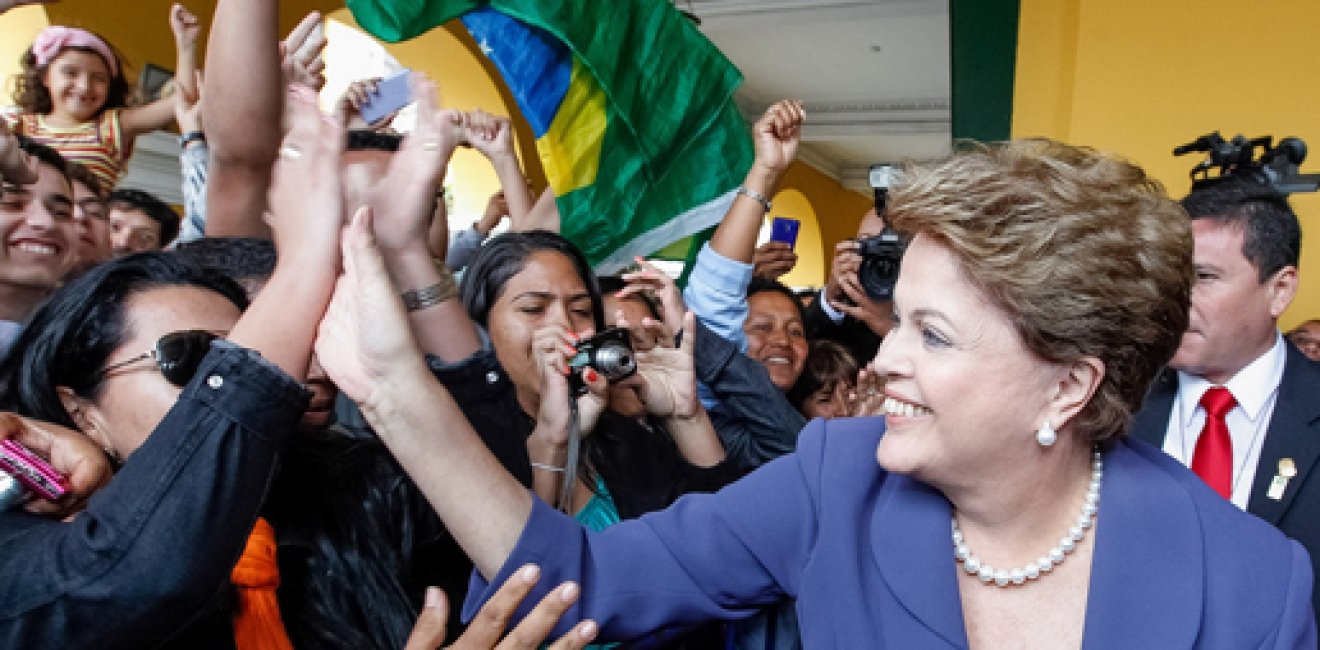Brazil in 2014: Will Rousseff Change Course?
Favored to win reelection in 2014 but facing a deteriorating economy, Rousseff has positive and negative incentives to change course. But first comes the World Cup and, possibly, the return of street protests, writes Paulo Sotero.






